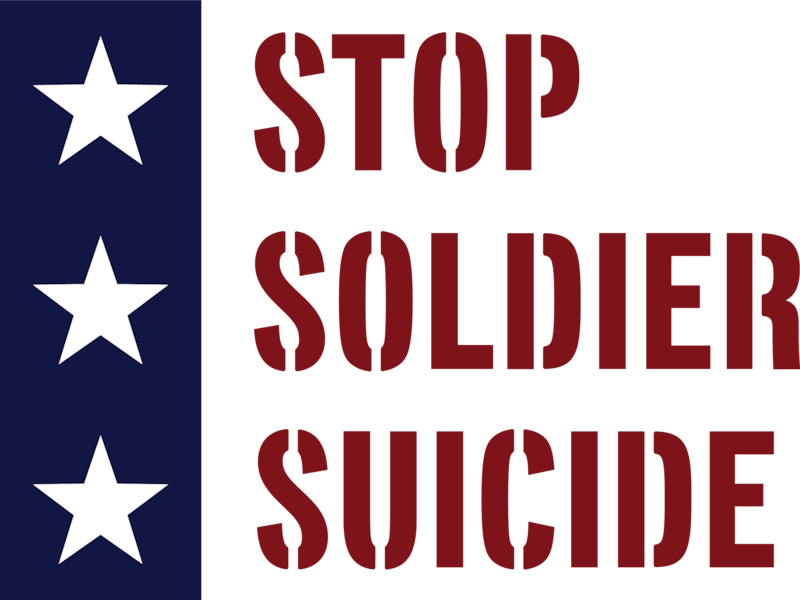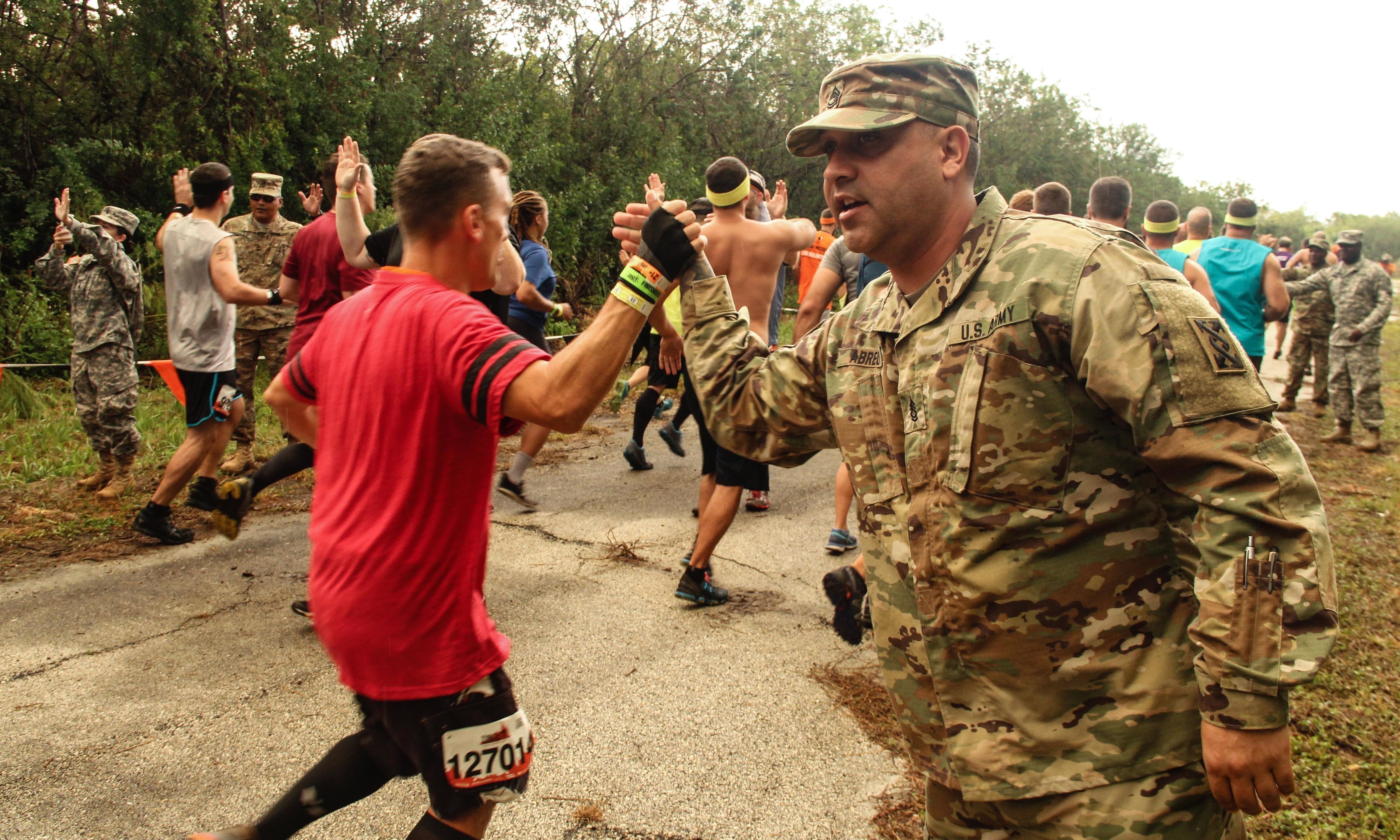A straightforward story about a well adjusted veteran addressing everyday life challenges with skill, good humor, and determination doesn’t effectively sell newspapers, movies or snake oil remedies. Instead, U.S. pop culture is heavily weighted with stories of veterans going ‘postal’ and having unsuccessful transitions out of the military. Have you ever wondered why it seems like the civilian public skews the narrative like this?
The Emergence of the Us vs. Them Mentality
Since the origin of human language, we have categorized people into in-groups and out-groups – us vs. them. Some scientists believe this is part of a reward system in our nervous system where our brain is reinforced for recognizing individuals who are the same as us, with the goal of creating safety.
Throughout our lives, we hear stories – from our families, friends, the media, religious institutions, elected officials – that make us look at those “others” in a certain way. It’s a fundamental part of the human experience. And when we act on those stories as if they are true, it solidifies narratives and prevents us from having contradictory experiences.
The problem? That information may not even be true. Often, we don’t even know where these biases and narratives originate. That’s because our brains operate on addition – not subtraction. Every experience that each one of us has is added and added and added to again, and we don’t actually have control over the validity of the input provided.
Let’s do a little experiment:
“Mary had a little __________.”
“Blondes have more ________.”
Probably most of us automatically came up with “lamb” and “fun.” But how did everyone learn those same statements? Can we even remember where that information came from originally? Probably not. These networks of relations between words are entrenched and longstanding, and we don’t even have to actually believe the statements to have the assumed answers pop right into our brains.
Why should we care about this? So what if we have nursery rhymes and song lyrics programmed into our brains?
Because what if it’s the same process that leads us to assumptions and actions toward other people in our world? What if these are the same steps that lead people to think that military veterans are “crazy” or “violent” or to discourage talented young people from joining the military? And if so, how do we change it?
Let’s Use Language To Our Advantage
I don’t believe that we can change these assumptions simply by counteracting the evidence with facts and corrective information. In fact, some research has shown that counterarguments can paradoxically strengthen problematic beliefs.
Instead, I believe that the answer may lie in using language differently. Because, at its core, whether we’re talking about public communications or clinical work in healthcare settings, I propose that it’s about expanding our networks of beliefs and language to enhance flexibility and effective action. The human condition is rarely about either/or – most of life exists in the gray areas.
Understanding What it Really Means to be a Veteran
So, how can we build a more complex and nuanced network of understanding of what it means to serve and to be a military veteran? By telling the *whole* story, not just the broken parts of the story related to veteran suicide, or transition problems, or homelessness.
Because veterans aren’t broken - but how our society talks about them often is. This “broken” stereotype often comes down to how the media reduces veterans to extremes: invincible heroes or individuals with their heads in their hands, overcome by challenges. And with just 6% of Americans having served in the military, many people don’t even realize that they personally know a veteran. This distance creates a context for negative caricatures.
After a 30-year career working with veterans, here’s what my experience tells me: Veterans’ leadership under pressure, commitment to mission, deep sense of camaraderie, and sharp humor are core to who they are. They’re resourceful, resilient, and committed to the greater good. And they’re not just my favorite clients, they’re my close friends, my dad, my colleagues, my uncles, my beloved cousin Marty, and they’re who I’d want next to me in times of crisis.
That said, it’s important to acknowledge that military service can also sometimes come with serious challenges, proven by one of the leading causes of death among veterans: suicide. Ignoring the challenges of the veteran experience would do a disservice to the truth - but so does focusing on the problems alone. Veterans’ strengths and challenges exist side by side, and addressing one without the other fails to capture what it means to serve.
Bottom line: Veterans deserve to be recognized for ALL that they are: resilient, multifaceted, and human. When we see that, then we see it’s not us and them – it’s all of us.

Dr. Sonja Batten is a licensed clinical psychologist and Chief Clinical Officer at Stop Soldier Suicide. Dr. Batten has dedicated her career to improving the lives of veterans across the public, private and nonprofit sectors. She is an internationally recognized speaker and trainer on veteran mental health, PTSD, and innovative psychotherapy approaches. She is also the author of over 50 scientific publications and two books.



